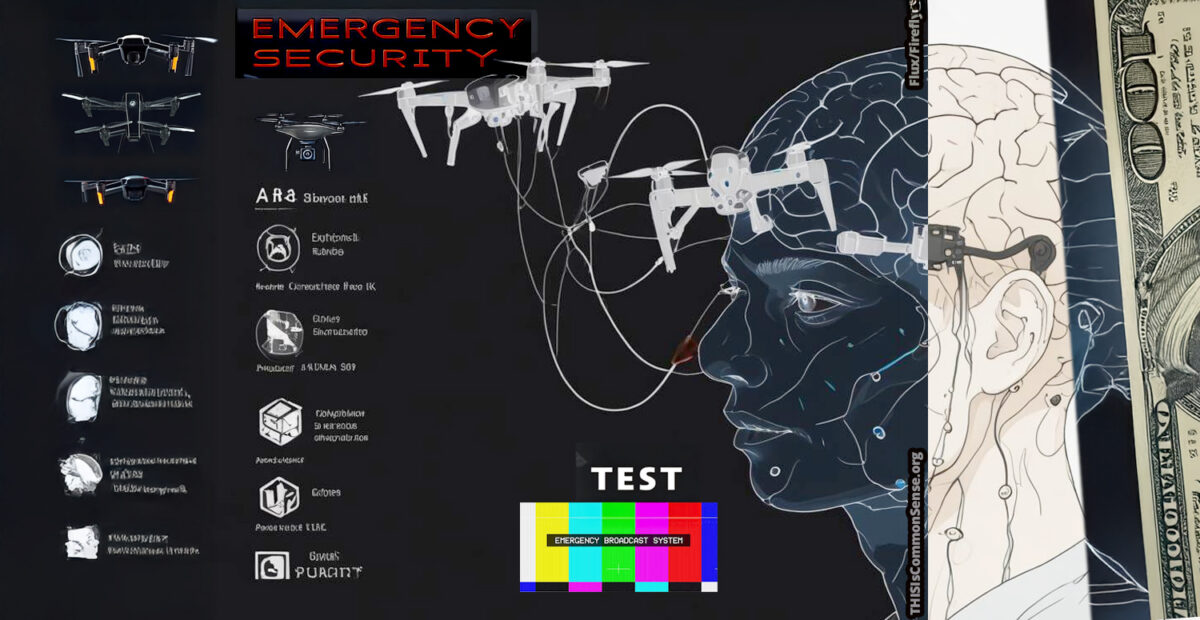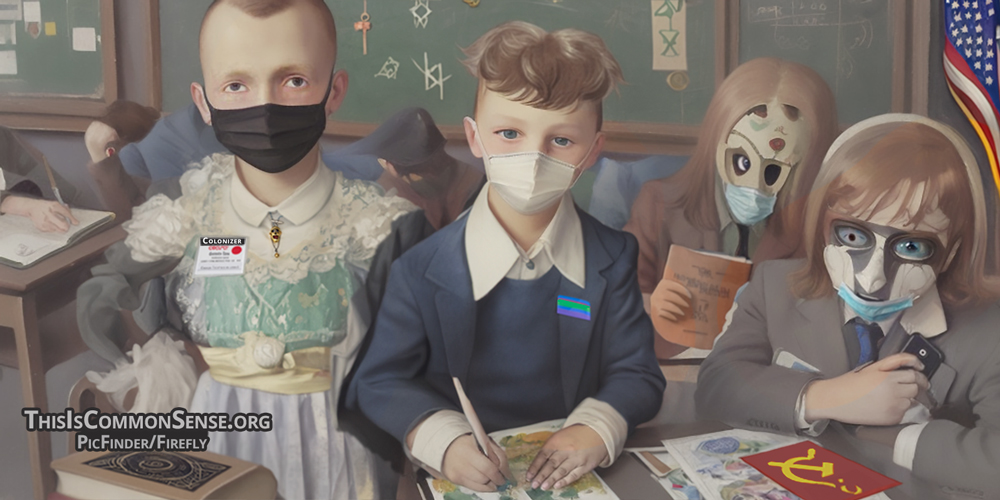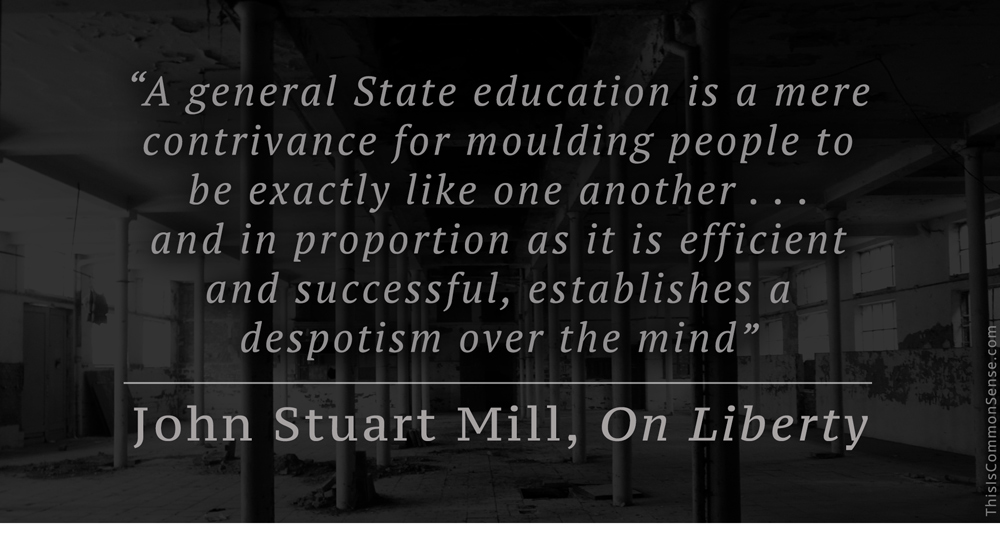We are told that “there’s nothing to see” in the recent revelations about how USAID was subsidizing Politico.
At Reason, Robby Soave pooh-poohed the story: “some critics of USAID have seized on a misleading claim: Namely, that the organization was funneling millions of dollars to Politico. In reality, it appears that government agents were paying for subscriptions to Politico’s premium product. That may or may not be a worthwhile use of government funds (more on this in a moment), but at any rate, it does not represent some kind of direct subsidy to the news outlet.”
It could be, however, a subsidy with plausible deniability.
The keyword may be: Mockingbird.
Remember the Church Committee investigations into the intel community, post-Nixon? One of the revelations was of Operation Mockingbird, which was (“allegedly”) the CIA training and subsidizing of — and coordinating stories to — scores (perhaps hundreds) of individual journalists.
One of the many things we don’t know about Mockingbird is if it ever ended. But one thing we do know is that programs begun by one agency not irregularly get taken up by others.
And speaking of multiple agencies — with more than a dozen dedicated to intelligence, why is government paying the private sector for information?
For all their massive appropriations, the basic job of intel agencies to inform (not lie to) representatives, government executives, and functionaries appears to be one they’ve skimped on.
Meanwhile, USAID’s massive subsidies to New Zealand news outfits has somehow received little interest. “Last week, Wikileaks reported that 25 NZ mainstream media outlets were given funding from USAID,” explains The Daily Blog. “We need an immediate explanation from our Mainstream Media Owners if they changed any editorial stance that aligned us with America while taking this money.”
Inquiring minds should be skeptical of underplaying of these revelations. Don’t we need a wall of separation between press and state?
This is Common Sense. I’m Paul Jacob.
Illustration created with Flux and Firefly
See all recent commentary
(simplified and organized)
See recent popular posts





